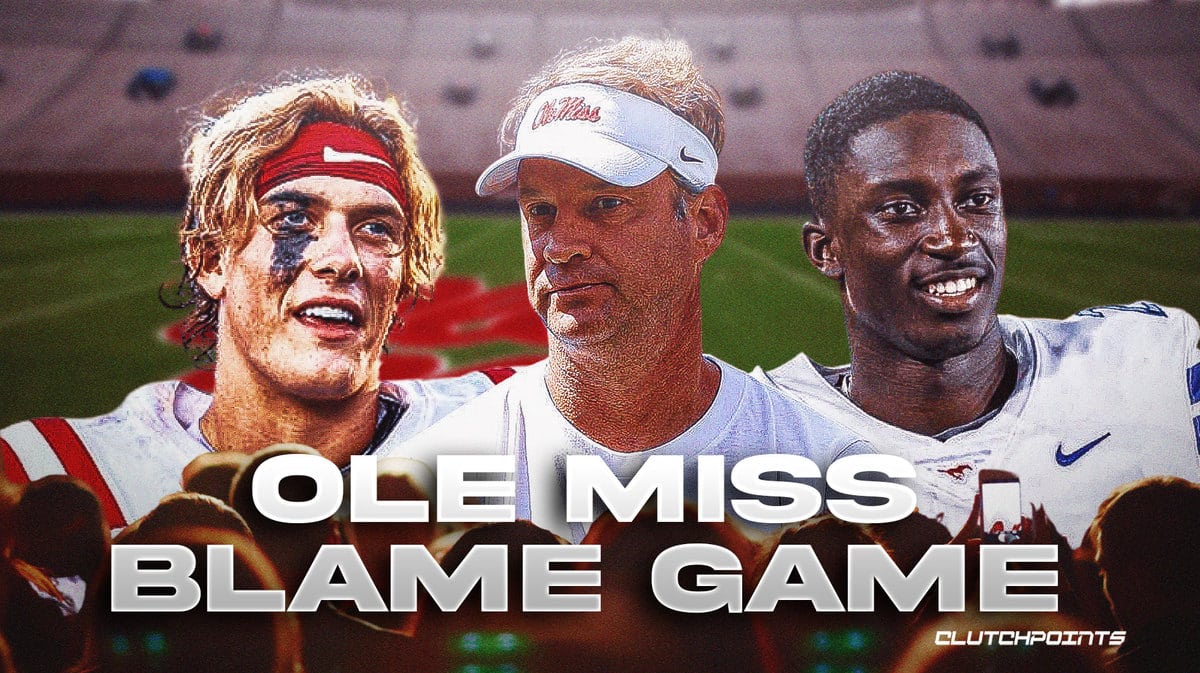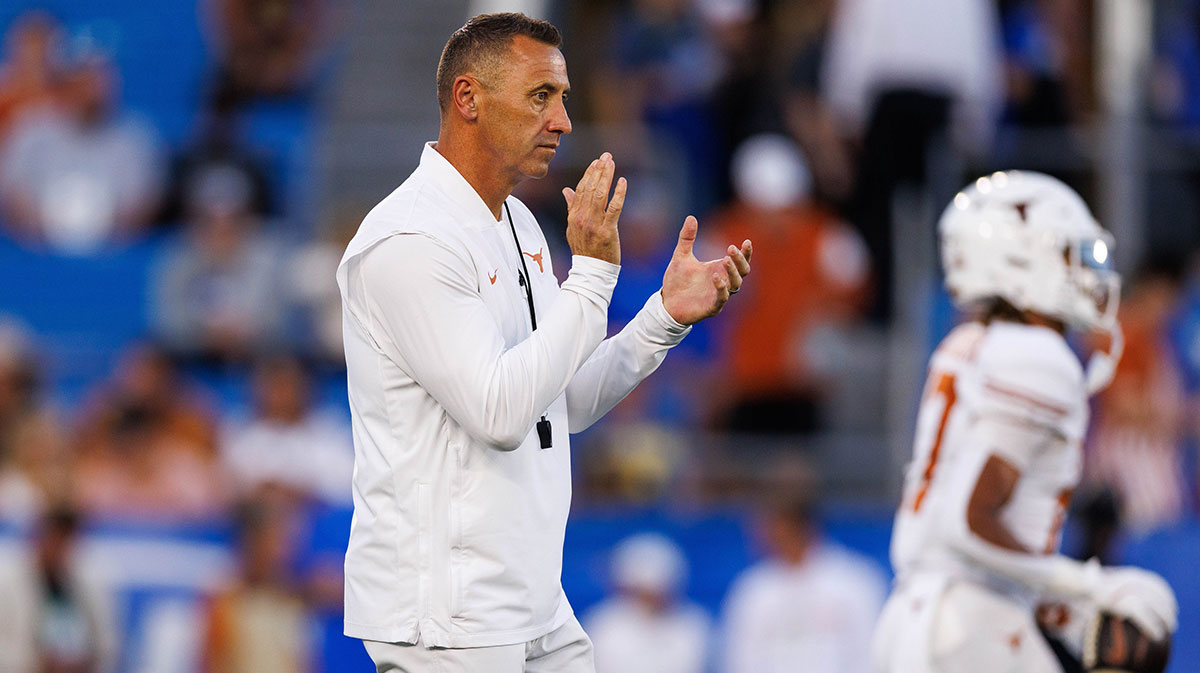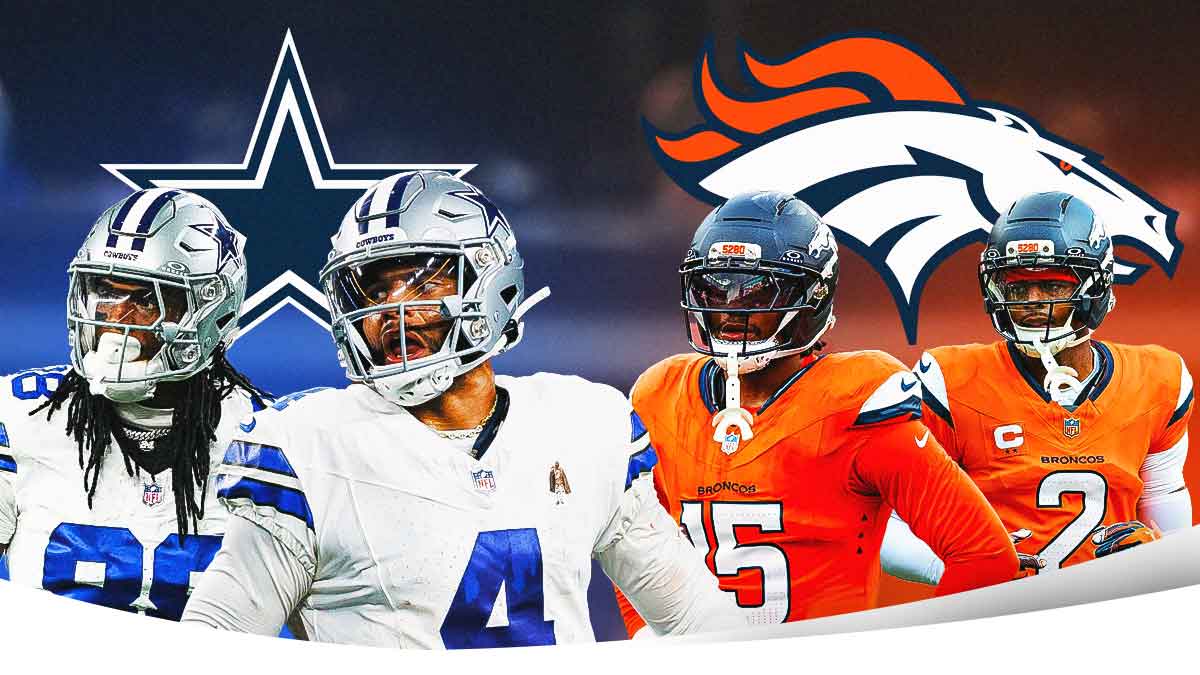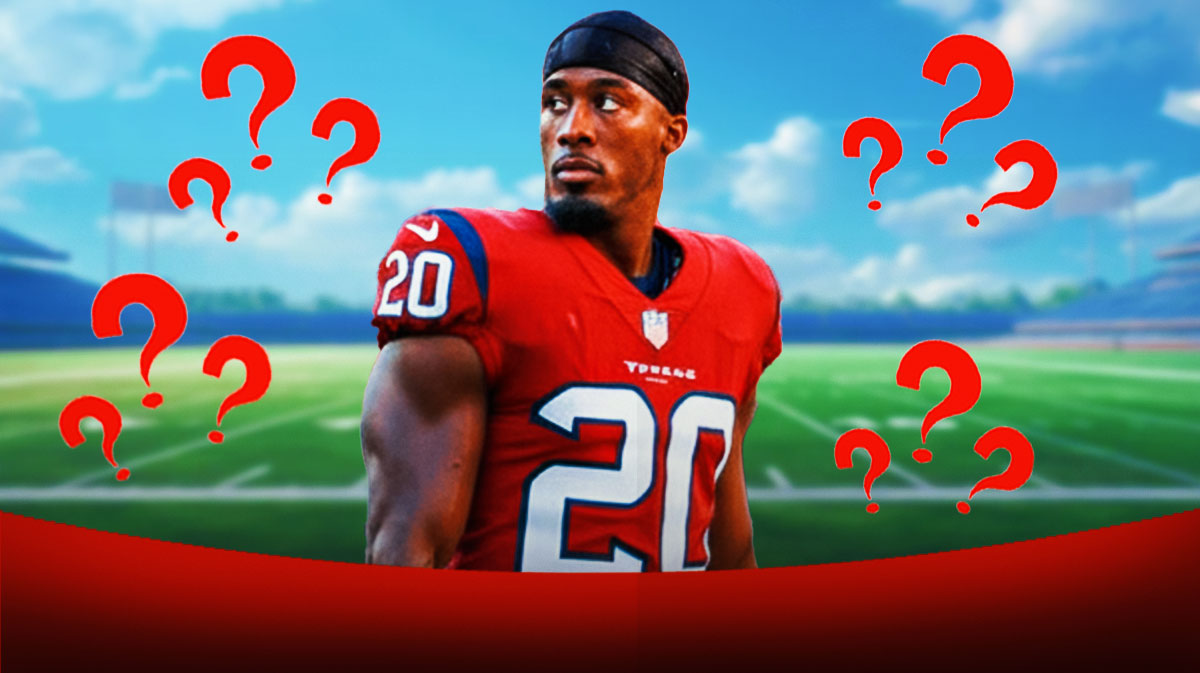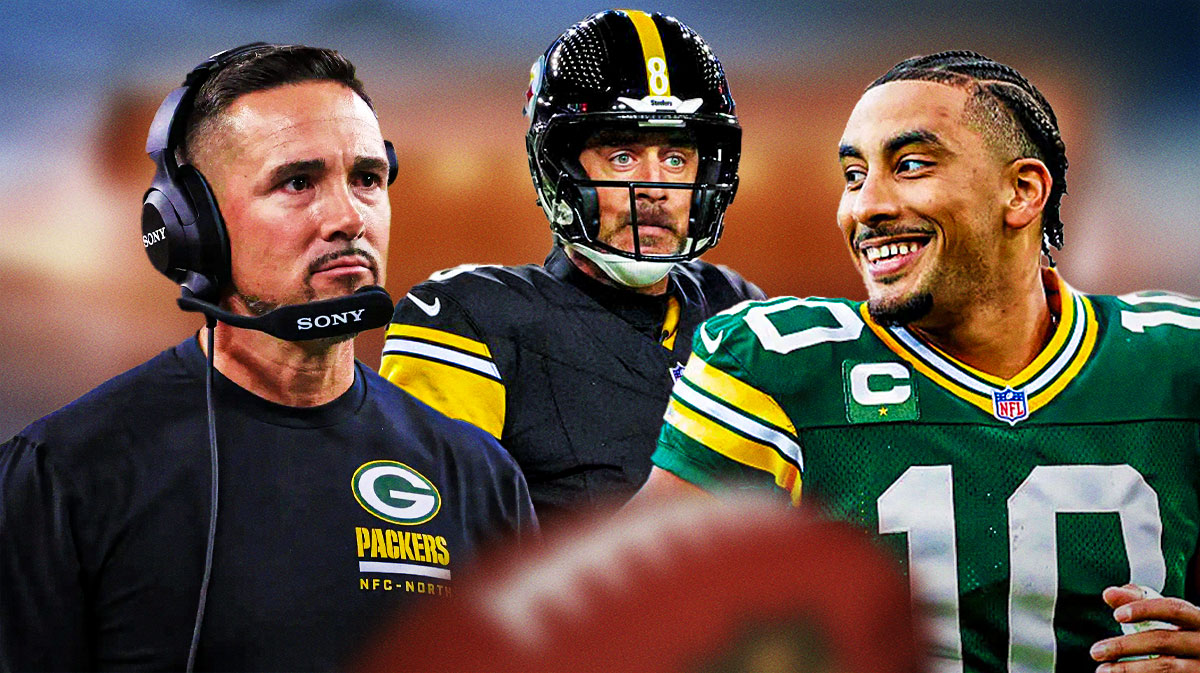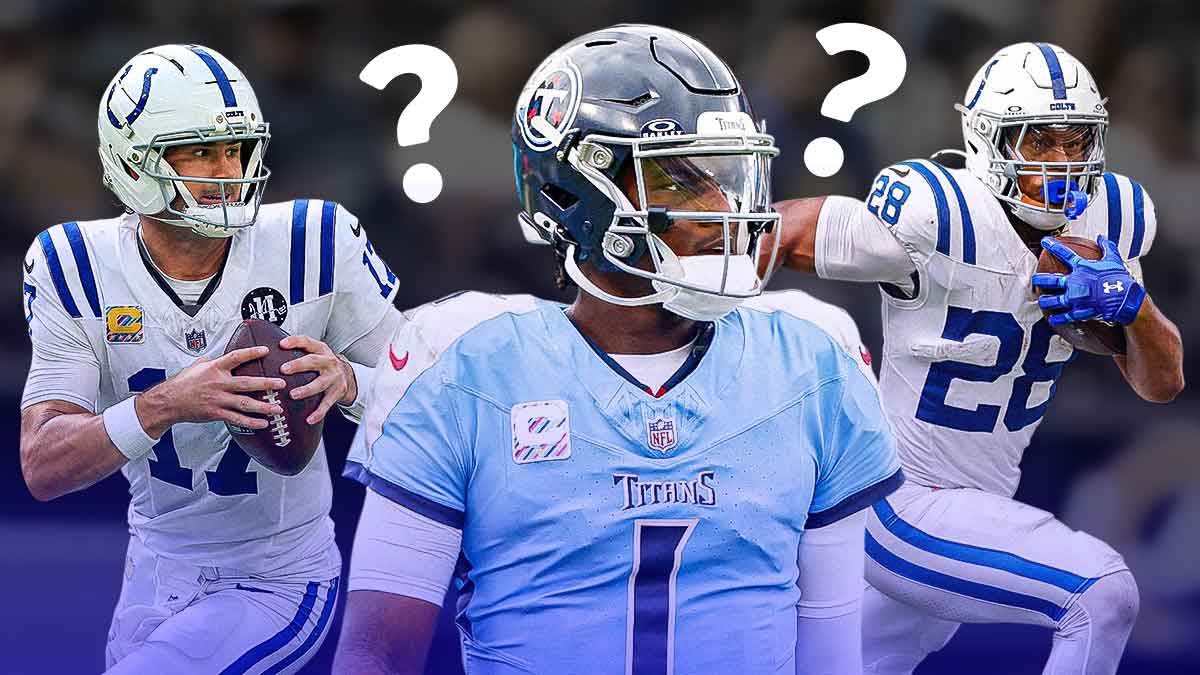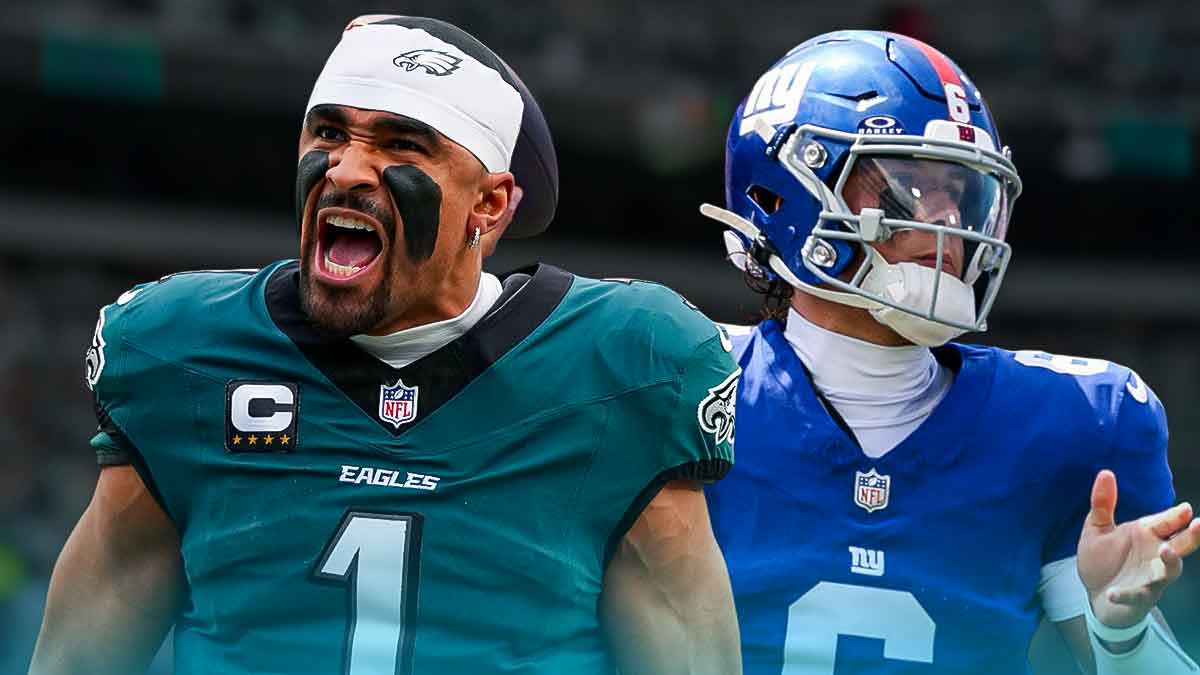In a highly anticipated matchup between the Ole Miss Rebels and the Alabama Crimson Tide, the Rebels fell short. The game was a battle of two top-ranked teams, with Alabama ranked 13th and Ole Miss ranked 15th. Despite a strong defensive performance in the first half, the Rebels were unable to sustain their success, ultimately leading to their defeat. Let's take a closer look at four individuals who played a significant role in the Rebels' loss.
The Rebels Falling Short
Week 4 marked the end of Ole Miss football's undefeated season as they were defeated by the Alabama Crimson Tide, with a final score of 24-10. The reasons behind the Rebels' inability to secure a win are numerous. However, several issues are within reach of improvement.
This early-season challenge could serve as a pivotal moment for a Rebels team that is still searching for its identity. Some of the struggles from the previous year continue to haunt them. That said, one glaring concern is the dip in performance in an area that was once their strong suit.
Here we will look at the four Rebels most to blame for Ole Miss football's college football loss to Alabama.
1. Lane Kiffin's Playcalling
The most significant contributor to Ole Miss football's defeat was head coach Lane Kiffin's playcalling. Kiffin, renowned for his innovative and aggressive offensive strategies, appeared out of sync with his team's abilities during this game. The playcalling often became predictable and failed to exploit the vulnerabilities in the Crimson Tide's defense. Kiffin's inability to adapt his game plan as the match unfolded ultimately hampered the Rebels' chances of staging a comeback.
2. Jaxson Dart
Ole Miss football's offense had been accustomed to lighting up the scoreboard with second-year starting quarterback Jaxson Dart. Up until Week 3, the Rebel offense was averaging an impressive 52 points per game and over 500 yards in total offense each game.
However, that high-powered offense was conspicuously absent after Ole Miss' second drive of the game. Following a 75-yard scoring drive that ended with a 10-yard Jaxson Dart touchdown pass, the Rebels struggled to gain even 60 yards on any subsequent drive.
Dart acknowledged the missed opportunities.
“I just felt like we missed out on big opportunities,” he said post-game. “Had some momentum shifts and weren't able to capitalize on them. Then when things didn't go our way, we weren't able to weather the storm, and I thought that was the biggest thing in the second half.”
It's important to note, though, that Dart, despite his 15 incompletions, one interception, and 250 total passing yards, should not shoulder all the blame.
Weird Alabama coverage – Jaxson Dart had himself a chance to cut it to 7. Was Marshall supposed to carry the seam? pic.twitter.com/9x5TKLZqdG
— Joe Gaither (@JoeGaither6) September 25, 2023
3. The Rebels' Offensive Line
Ole Miss football's offensive line played a pivotal role in their struggles. It had difficulties containing Alabama's aggressive defense. By the game's end Alabama had five sacks and disrupted many plays. The lack of protection for the quarterback and the inability to create running lanes put the Rebels' offense at a significant disadvantage, making it challenging for them to sustain drives and score points.
Ole Miss altered its offensive approach against the Crimson Tide, with quarterback Jaxson Dart attempting a season-high 35 passes. Unfortunately, this decision proved costly as Alabama sacked Dart four times in the first half alone. To succeed in passing the ball, the offensive line must provide adequate protection. While this offensive line excelled in run-blocking last year, they need to step up their pass-blocking game.
Fortunately, the Ole Miss football offensive line boasts significant experience, with four senior starters. It is reasonable to assume that the unit will improve as the season progresses.
4. Defensive Inconsistencies
While the Rebels' defense had a strong first half, they struggled to maintain their performance in the second half. They had difficulty containing Alabama football's offense, allowing significant plays and failing to generate turnovers. This inconsistency on the defensive side of the ball added extra pressure to the Rebels' offense, making a comeback even more challenging.
Alabama converted on nearly half of their third-down attempts and dominated time of possession. This issue has been a recurring theme for Ole Miss football this season, with Mercer being the only exception. However, this game marked the first time it had a detrimental impact.
Ole Miss' defense has had considerable difficulty getting off the field on third down, significantly affecting the tempo of the game. If this issue is not addressed as they progress deeper into SEC play, it will continue to trouble the Rebels.
Despite Lane Kiffin's reputation for a fast-paced offense, the players can only do so much with limited time possessing the ball.
Looking Ahead
In a game that showcased the talent and potential of both teams, the Ole Miss Rebels fell short, losing for the first time this season to the Alabama Crimson Tide. While several factors contributed to the Rebels' defeat, the play-calling, QB play, offensive line, and defensive inconsistencies were the most significant culprits. Moving forward, Ole Miss football will need to address these issues and make the necessary adjustments to ensure success in future matchups.

